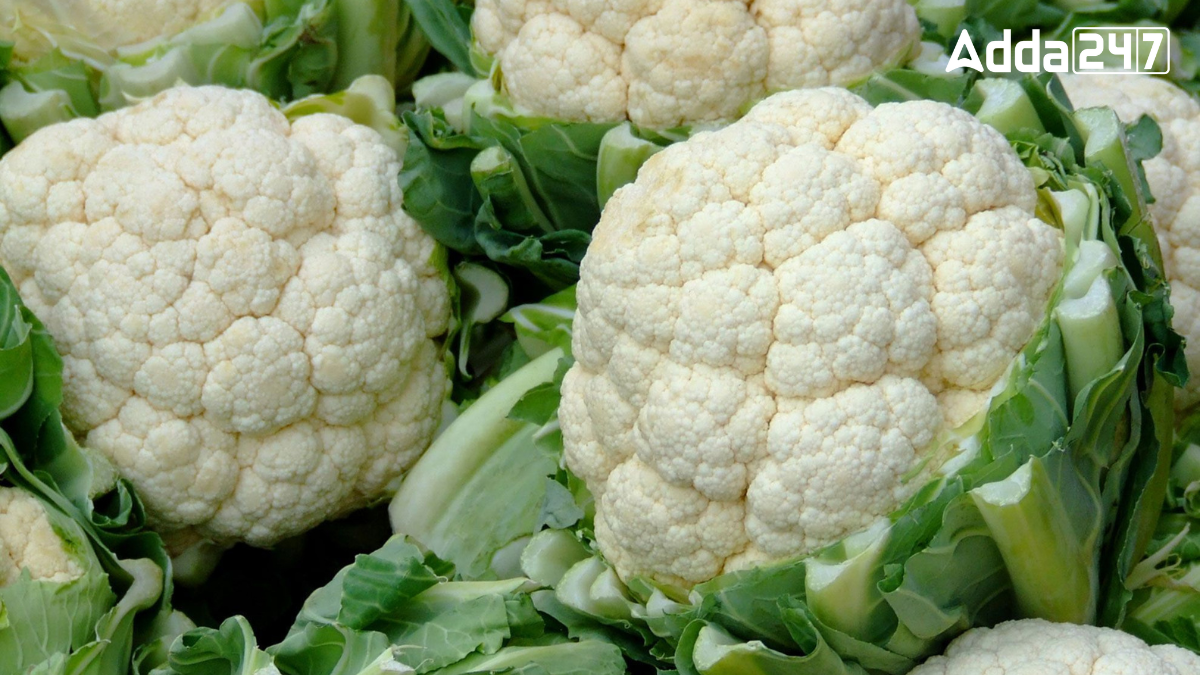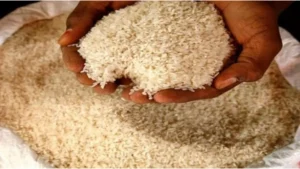Cauliflower, a cruciferous vegetable, is a staple in Indian cuisine. Its versatility and nutritional benefits make it a popular choice among consumers. India is one of the leading producers of cauliflower globally, with several states contributing significantly to its production. However, the state of West Bengal stands out as the largest cauliflower producing state in India.
Cauliflower Production in India
Cauliflower cultivation in India covered 0.48 million hectares, yielding a total production of 9.53 million metric tonnes. The productivity rate stood at 19.6 metric tonnes per hectare, highlighting the efficiency and significant scale of cauliflower farming across the country.
Largest Cauliflower Producing State in India
West Bengal is the largest cauliflower producing state in India. It excels due to its favorable climate, fertile soil, and advanced farming techniques. The state’s strategic agricultural practices and government support contribute to its leading position, ensuring high yields and quality produce, making West Bengal a key player in India’s cauliflower production.
Economic Impact
Cauliflower cultivation plays a significant role in the economy of West Bengal. It provides livelihood opportunities for thousands of farmers and contributes to the state’s agricultural GDP. The state’s dominance in cauliflower production also supports related industries, including transportation, storage, and food processing.
Market Dynamics
West Bengal’s cauliflower is not only consumed domestically but also exported to other states and countries. The state’s well-established supply chain ensures that fresh cauliflower reaches markets promptly. Furthermore, the demand for cauliflower remains high throughout the year, driven by its use in various culinary dishes.
Challenges and Solutions
Despite its success, cauliflower farming in West Bengal faces several challenges, such as:
- Climate Change: Erratic weather patterns can affect crop yields.
- Pest Infestations: Persistent pest issues can damage crops.
- Market Fluctuations: Price volatility in the market can impact farmers’ income.
To address these challenges, farmers and authorities are focusing on adaptive strategies, such as:
- Climate-Resilient Varieties: Development and adoption of varieties that can withstand changing climatic conditions.
- Integrated Pest Management: Strengthening pest management practices to minimize crop loss.
- Market Support: Initiatives to stabilize prices and ensure fair returns for farmers.
Future Prospects
The future of cauliflower production in West Bengal looks promising. With ongoing advancements in agricultural technology and supportive government policies, the state is poised to maintain its leadership in cauliflower production. Sustainable farming practices and continuous innovation will be key to overcoming challenges and boosting productivity.




 Which District of Kerala is known as the...
Which District of Kerala is known as the...
 Which District is known as the Nellara o...
Which District is known as the Nellara o...
 Which River is known as the Moon River o...
Which River is known as the Moon River o...








